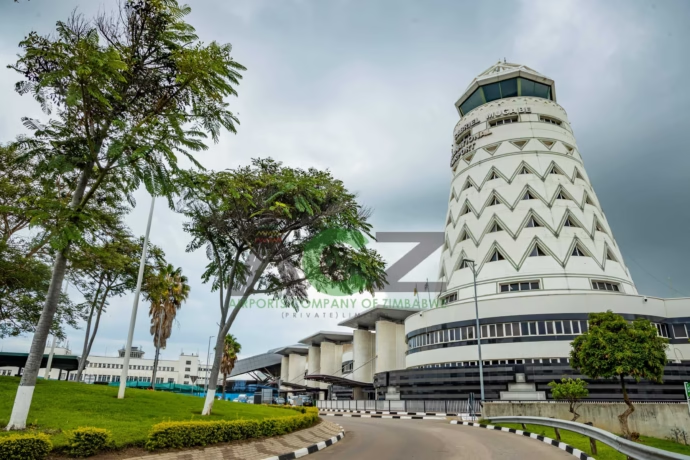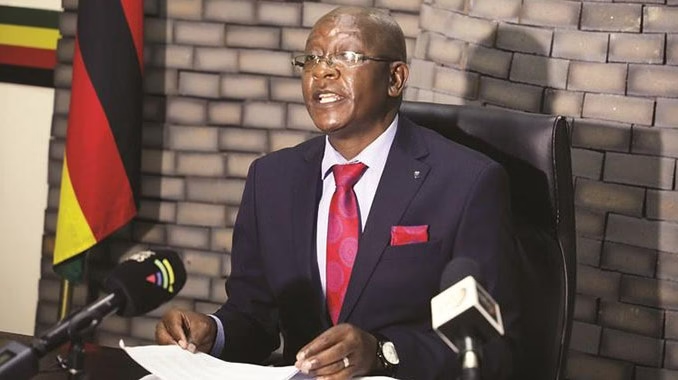
The Second Republic, led by President Emmerson Mnangagwa, has taken another significant step toward achieving its Vision 2030 goal of an upper-middle-income economy.
The Cabinet has approved a comprehensive modernization and upgrade of Forbes Border Post in Manicaland Province under a public-private partnership (PPP) framework. This initiative builds on the government’s ongoing infrastructure development agenda, which has already seen transformative projects such as the Beitbridge Border Post upgrade and the rehabilitation of key highways.
The modernization project, a collaboration between the Ministry of Transport and Infrastructural Development and the Forbes Border Consortium, will adopt a Design, Build, Finance, Operate, and Maintain (DBFOM) model. This structure reduces financial pressure on the government while leveraging private sector investment for sustainable economic growth. The initiative reflects the government’s commitment to fostering public-private partnerships and aligns with President Mnangagwa’s vision of “leaving no one and no place behind.”
Scope and Impact of the Forbes Border Post Upgrade
The project will involve:
Renovating existing infrastructure and border facilities.
Constructing new facilities, including weighbridges, roads, parking lots, and staff housing.
Upgrading ICT systems to integrate modern Border Management Systems for efficient operations.
Enhancing traffic processing capabilities to reduce delays and improve efficiency.
Once completed, the modernization will position Zimbabwe as a pivotal transit hub within the Southern African Development Community (SADC). As a landlocked nation, Zimbabwe stands to capitalize on its strategic location by providing world-class transit services, thereby strengthening its role in regional and continental trade. The upgraded Forbes Border Post will also support the African Continental Free Trade Area (AfCFTA) by facilitating smoother connectivity along the Beira Corridor.
Economic and Social Benefits
Beyond improving trade facilitation, the project is expected to deliver significant economic benefits:
Job Creation: The construction phase and subsequent operations will create employment opportunities for locals, bolstering livelihoods in the region.
Foreign Currency Generation: Enhanced efficiency at the border will attract increased transit traffic, contributing to foreign currency earnings.
Regional Competitiveness: The modernization aligns with Zimbabwe’s efforts to position itself as a regional economic player by offering improved transit services to neighboring countries.
The government’s focus on modernizing critical infrastructure is a testament to its commitment to fostering inclusive economic growth.
Forbes Border Post’s transformation marks another stride toward realizing the ambitious Vision 2030 goals, ensuring Zimbabwe’s integration into regional and global trade networks.




